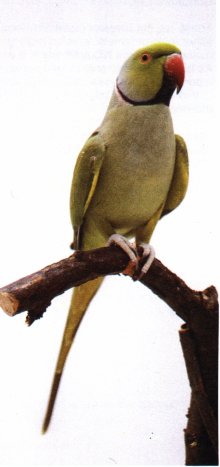|
The Society:
 HOME
HOME
 Introduction
Introduction
 Objects
Objects
 Join or renew
Join or renew
 Guest Book
Guest Book
 Hall of Fame Hall of Fame
 Products For Sale
Products For Sale
 Classifieds Ads
Classifieds Ads
 Contact Us
Contact Us
The Avicultural Journal
 Journal Archives
Journal Archives
 Exotic Bird Species
Exotic Bird Species
 Budgerigar Information
Budgerigar Information
 Canary Information
Canary Information
 Parrot Information
Parrot Information
 Finch Information
Finch Information
 General Information
General Information
 First Breeding Awards
First Breeding Awards
Affiliations:
 Affiliated Clubs
Affiliated Clubs
 Parrot Association of Canada
Parrot Association of Canada
 Avian Preservation Foundatn
Avian Preservation Foundatn
Showing Birds:
 Canadian Shows
Canadian Shows
 National Results
National Results
 Accredited Judges
Accredited Judges
Leg Bands:
 General Information
General Information
 Band Size Chart
Band Size Chart
 Trace a Band
Trace a Band
 Band Prices
Band Prices
 Order Bands
Order Bands
 Current Ring Codes
Current Ring Codes
Links:
 Links
Links
 Copyright & Privacy Policies
Copyright & Privacy Policies
|
RINGNECK PARAKEETS
 http://www.indianringneck.com/
http://www.indianringneck.com/
The Rose-Ringed Parakeet, or Indian Ringneck, is classified as a parakeet. These birds have hooked beaks, long tails, and are moderately small. These characteristics classify them as parakeets; however, they are true parrots. These parrots are about 16 inches in length and they have a look that gives them a stealthy appearance.
Wild Ringnecks are green and tints of aqua can be seen during overcast days. These parrots have yellow that underlines their wing and tail feathers. Both males and females look very similar; however, the male has a black ring around his neck. His ring is highlighted with turquoise, pink, and blue. Although the female may have the impression of not having a ring, many will argue a slight green ring is visible.
Both sexes have large tails that are comprised of 12 large feathers. The two largest tail feathers, which are blue, make up for a large part of the parrotís size. These elaborate tails can extend as much as 7 inches outward, females usually 6 inches outward. Because these parrots are mostly green, they are very difficult to spot during roosting or perching in trees. Most of the time, the presence of these parrots can be given away through their contact or alarm calls.
Indian Ringnecks are native to Asia and Africa and can be seen in the forests or arid environments. Itís not uncommon to see them thrive in urban areas as well. They have established colonies in environments which are not native to them, some major points of interest include California, Florida, and the UK. These birds are believed to cause major damage to crops; however, little evidence has been published to prove this accusation. Rose-Ringed Parrots can be seen in rural areas feeding from birdfeeders or relaxing in parks.
Ringnecks are intelligent parrots and DO make great pets. They learn concepts quickly and love to show off. Along with being intelligent, they are great at talking. Quaker Parakeets are known for their talking ability; however, a Ringneck can speak with clarity thatís phenomenal. These birds are truly masters at talking for their size and can easily compete with Quakers, Grays, and Amazons.
|